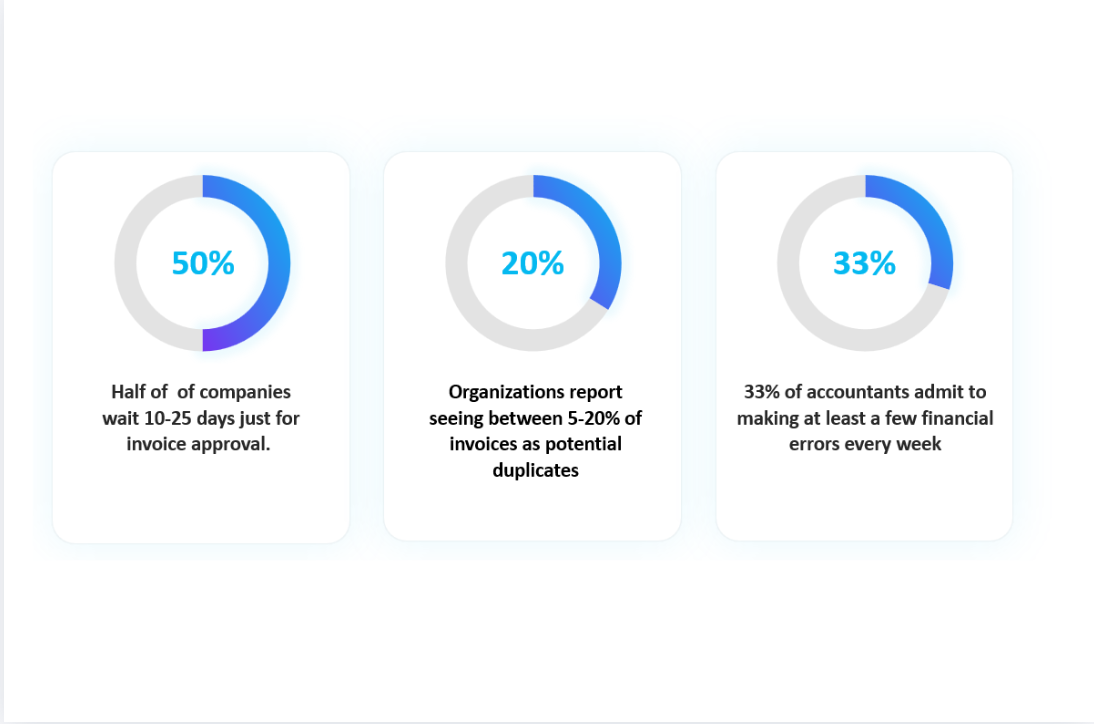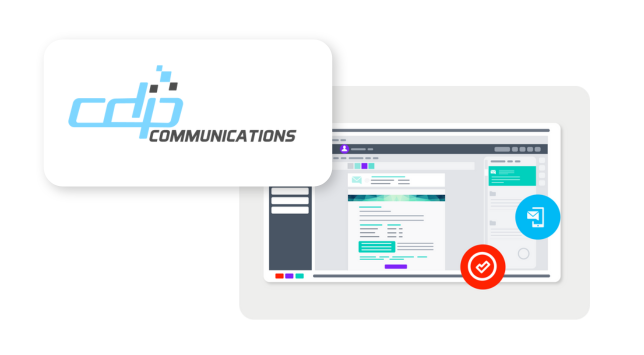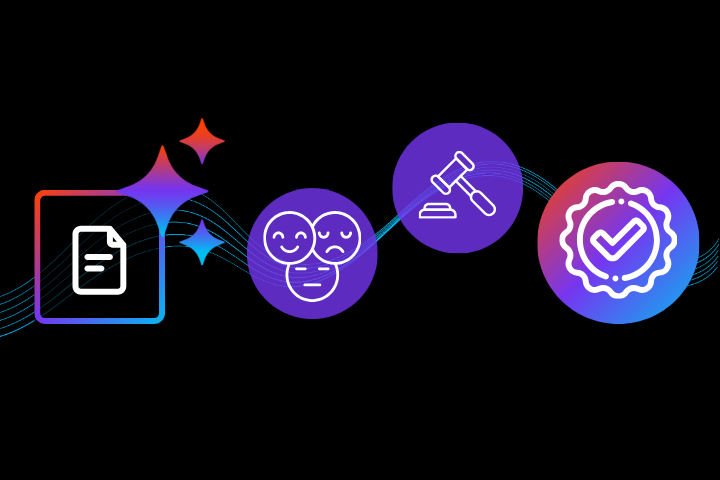
Emerging technologies will play a fundamental role in the future of finance. The question is, are they set to take over?
Traditional working schedules and structures are outdated. The office exodus has taken place, with employees moving into homes, cafes and even exotic locations to manage their roles. These changes have revealed a critical need for tools that boost productivity and collaboration between hybrid and remote staff.
Finance functions like accounts payable (AP) and accounts receivable (AR) are difficult to manage remotely as they have a significant paper-based element. Emerging technologies such as artificial intelligence (AI) and machine learning (ML) are helping teams transition to digital ways of working.
Today, 93% of CFOs are digitising accounting operations. The pandemic is being used as a catalyst to overhaul age-old practices and 57% of CFOs say they are committed to complete transformation, rather than just making improvements through automation.
What Does This Mean For The Finance Team?
The term “transformation” can be worrying for some finance teams. If organisations are introducing new capabilities, rather than simply enhancing existing processes, will the finance function eventually be led by technology rather than people?
Technology can certainly handle many basic financial tasks faster and more accurately. And the internet is filled with articles that increase concern, such as this one from TIME titled ‘Millions of Americans Have Lost Jobs in the Pandemic—And Robots and AI Are Replacing Them Faster Than Ever’.
Are the robots set to take over?
Is it credible or is it just clickbait?
What’s clear is that the finance function and those in it must evolve. Companies still need people who can analyse data and act on technology-driven insights. Not to mention those who can provide an outstanding customer experience, which Gartner reported drives more than two-thirds of customer loyalty, outperforming brand and price combined.
Organisations that believe finance can be managed by technology alone do so at their peril. Software company ScaleFactor boasted AI-powered tools that could replace the accountant, doing more work at a fraction of the cost. This led to endless errors and after raising US$100 million in a year, the company folded in 2020. The pandemic was used as a scapegoat, but customers cited the company’s poor product and service as reasons for its collapse.
The Evolution Of The Finance Professional
The modern day finance professional has the opportunity to deliver more value. Using technology to manage time-intensive tasks frees them up to focus on problem solving and relationship building. During the pandemic, finance teams played a critical role in providing strategic advice to business leaders, reporting on liquidity levels and risk tolerance.
Let’s examine specific examples in accounts payable and accounts receivable to understand how a finance professional's role changes - for the better - when combined with technology.
Streamlined data entry: Machine learning extracts data from invoices, receipts and PDFs and automatically populates it into the financial platform. This enables accountants to spend time analysing the information and planning ahead, gathering valuable insights from the data instead of spending hours entering it into spreadsheets. Beanworks uses AI technology to eliminate data entry from accounts payable by capturing line item details including descriptions, unit costs and quantities. It is 99% accurate and reduces data entry time by more than 80%.
Beanworks' AI technology is 99% accurate and reduces data entry time by more than 80%
Reduced risk of fraud: When financial data is processed manually, it’s vulnerable to errors and omissions, especially when businesses are processing a high volume of sensitive data daily. An AI-trained system audits online records for missing links and incorrect data to detect irregularities. It’s trained to identify unusual transactions and outliers, which a human eye can easily miss. AI-driven fraud detection allows finance professionals to better assess their company’s financial health and provide accurate updates to the business.
Improved decision-making: An automated accounts receivable tool like YayPay centralises data from your ERP, CRM and billing systems into one, intuitive platform. This provides complete visibility into AR and allows your hybrid team to access comprehensive, real-time information at any time, from anywhere. This eliminates time wasted hunting for information and leads to quicker resolution for customers. For your business, this means faster time to revenue and for your customers, it means an improved experience.
With YayPay, finance teams gain complete visibility into AR and can access real-time data from anywhere
Accurate payment prediction: A constant challenge for accounts receivable teams is chasing customers for payment and not knowing when they’ll receive it. YayPay’s proprietary algorithms predict payor behavior with 94% accuracy, showing you how it will impact your cash flow. This means your team can focus on improving customer relationships and head off payment problems by better engaging with late-paying customers. They also gain time back by not chasing customers that are likely to pay on time. In both instances, your team provides additional value to the business by improving the customer experience and contributing to customer retention.
A Future Of Opportunity
It’s clear that emerging technologies have a fundamental role to play in finance and organisations that don’t invest in them will be at a competitive disadvantage. However, finance teams need to view this as an opportunity. With these tools, they are able to add tremendous value by leaning into advisory and customer-facing roles, providing critical information to the business and delivering an improved service.







